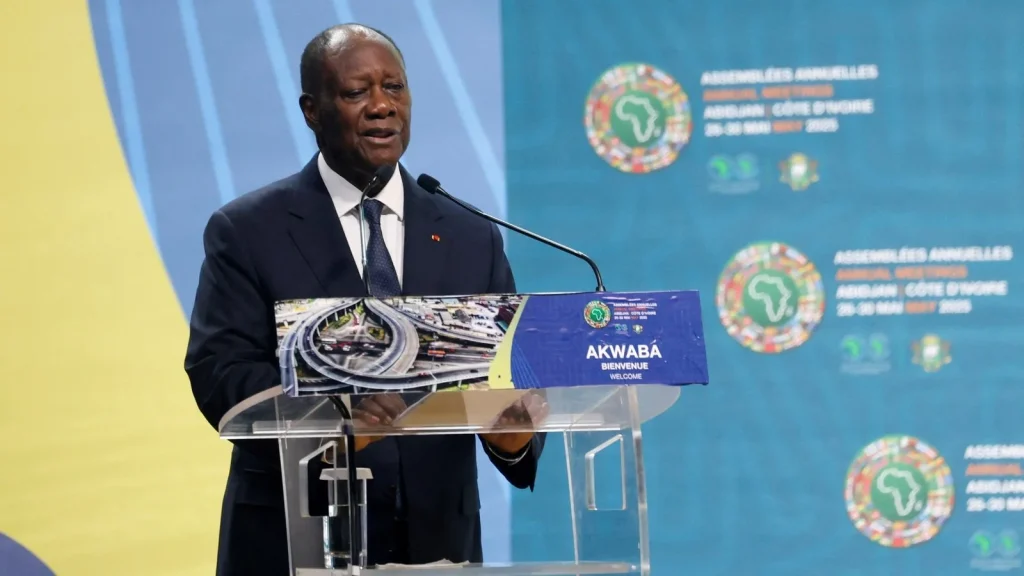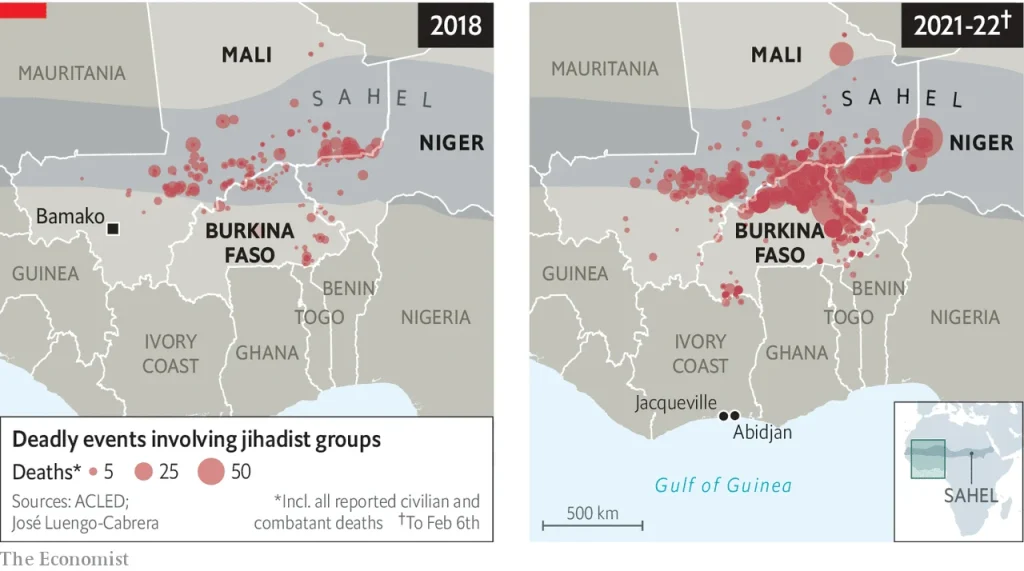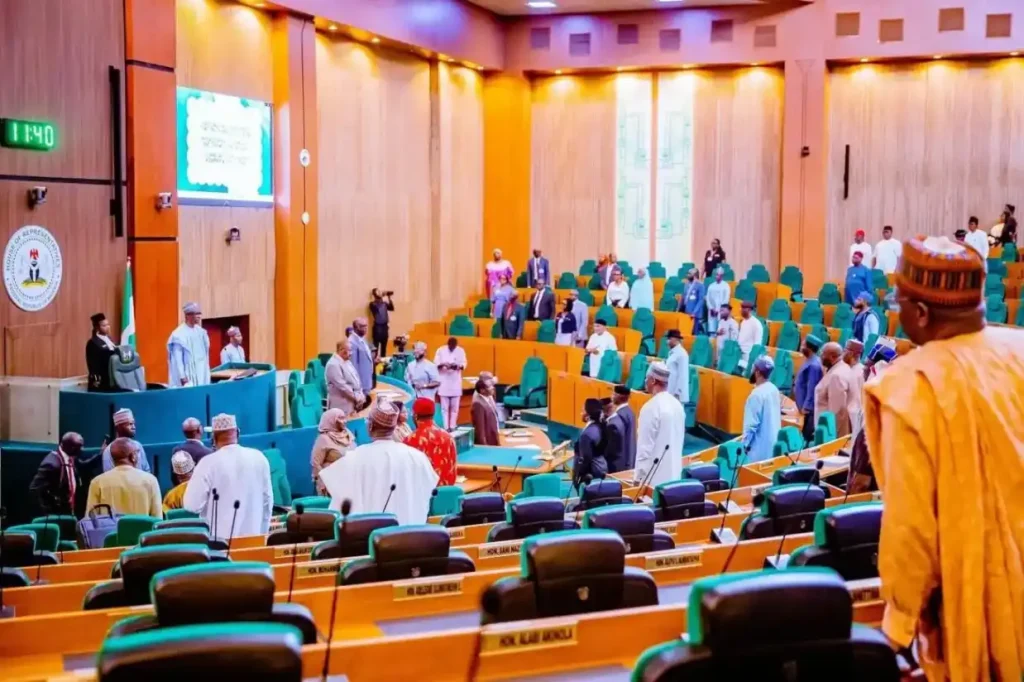As President Alassane Ouattara prepares to begin his fourth term, the economic trajectory of Côte d’Ivoire is drawing international consensus. Observers are unanimous: the country has experienced more than a decade of continuous expansion.
While the core economic signals remain highly positive, experts caution that persistent social inequalities and a fragile political climate necessitate careful management.
To gain deeper insight into the nation’s financial health, Business Africa consulted with economist Modibo Mao Makalou.
High Growth Rates and Structural Challenges
Makalou suggests that emerging from a political crisis often triggers accelerated economic growth. Côte d’Ivoire, however, presents a distinct case.
- Growth: “Since the end of the political crisis in 2011, the country has maintained one of the highest growth rates on the continent,” the economist noted. He expects this strong performance to continue next year, with the nation potentially reaching a growth rate of up to 8%.
- Inequality: Despite this success, the Malian economist acknowledges significant social disparities remain. He points out that the nation’s economy is heavily structured around the tertiary sector, with business activities highly concentrated in the city of Abidjan.
- Abidjan’s Dominance: Abidjan attracts enormous capital and population movement. It accounts for nearly 90% of the country’s economic activity, creating regional imbalances.
- Informal Economy: Another key obstacle to widespread economic expansion is the informal sector, which accounts for approximately 80% of all economic activity.
Political Stability and Investor Confidence
Makalou stresses that politics and economics are fundamentally intertwined in Côte d’Ivoire. The country has a history of political crises, which could impede sustained economic expansion.
- Uncertainty Risk: “Investments dislike uncertainty and political instability,” the economist stated. “When there’s uncertainty, both domestic and foreign investors tend to hold back until the situation stabilizes.”
- Upcoming Tests: Although the October 2025 presidential election was relatively calm, attention now shifts to the upcoming legislative elections scheduled for the end of the year. The economist refers to these future votes as “a sword of Damocles,” noting that the world is waiting to see how they unfold.
The economist remains optimistic about the nation’s long-term vision. “If Ivory Coast continues on this trajectory,” he concluded, “the country could achieve its goal of reaching upper-middle-income status by 2030.”
Senegal’s Debt Dilemma
Senegal is currently grappling with severe financial turmoil due to an estimated hidden debt exceeding $11 billion. Economist Dr. Seydou Bocoum suggests the country has two primary solutions:
“Either borrow to repay the debt, which is called leveraging, or engage in what is known as monetary creation, meaning the central bank will purchase the debt.” Meanwhile, Senegal has failed to secure support from the IMF for a new loan.
Digitization in African Ports
Separately, digitizing port services holds the key to boosting the maritime competitiveness of the continent.
Startups are supporting these facilities in tackling daily challenges, including delivery delays, burdensome administrative procedures, and risk management failures.





















